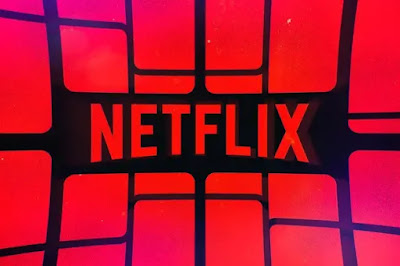 |
| Illustration by Alex Castro / The Verge |
Netflix is raising the prices of all its plans in the United States today. The enterprise standard plan will increase from $14 to $15.50 per month, while the 4K plan will increase from $18 to $20 per month. The basic plan, which does not include HD, goes up to $10 per month from $9 per month. Prices in Canada are also on the rise.
Price increases take effect immediately for new subscribers. For existing subscribers, the changes will be rolled out "gradually", with Netflix promising to email members 30 days before the price hike takes effect. The prices for a Netflix package have steadily increased over the past few years.
The standard plan went from $13 to $14 per month at the end of 2020, after dropping from $11 to $13 in 2019. Previously, Netflix raised prices in 2017 and 2015. When Netflix announced its first price hike in 2014, the company was so worried about losing subscribers with a $1 a month hike that it allowed existing members to hold their price for two years. It hasn't offered such a generous perk in the years since then.
The price hikes come during a successful but challenging moment for Netflix. The company already has a wealth of subscribers across the US, and adding more is a challenge — making price hikes an obvious answer for how it can make more money. At the same time, Netflix is now competing with several other serious streaming services for attention, including Disney Plus and HBO Max, and it’s been spending big on content to keep up.
“We are updating our pricing so that we can continue to offer a wide variety of quality entertainment options,” a Netflix spokesperson told Reuters.
"As always, we offer a range of plans so members can choose a price that fits their budget. Netflix isn't the only service that has increased prices lately. Hulu has increased the price of its funded tiers by advertising and without advertising of $1 per month in October.
from TechCrunch https://ift.tt/3qw0C3U
via IFTTT
Comments
Post a Comment